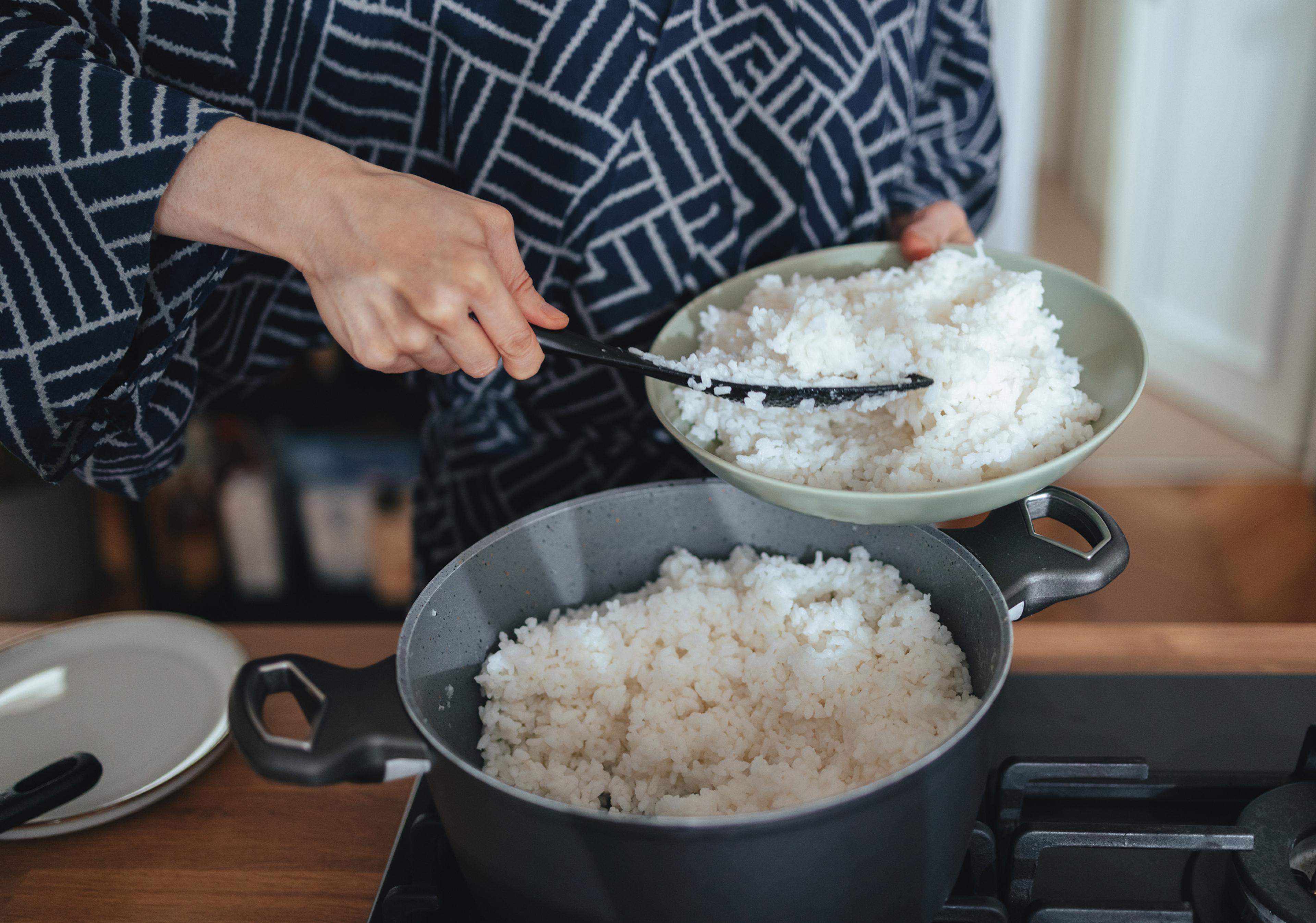How Many Calories Should You Actually Eat in a Day?
| 3 min read

Glance at the back of a food label and you’ll see that the daily values are all based on a 2,000-calorie-a-day diet. But in tiny writing at the bottom of the label is a very important line: “Your daily values may be higher or lower depending on your calorie needs.” So what are your calorie needs? That depends on a lot of different factors, and understanding your personal number is the key to maintaining a healthy weight.
First, the basics: The average adult male needs approximately 2,800 calories per day to maintain a constant weight while adult females need closer to 2,000. But that’s just a starting-off number. If you are more active, the number will likely go up. If you tend to be sedentary, the number could be lower.
Two other main factors that affect your caloric needs are age and gender. The rate your body breaks down calories to create energy slows down as you get older. Because of this, you need fewer calories as you age in order to maintain your weight. As for gender, men tend to have less body fat and more muscle than their female counterparts, so men can typically burn off the calories they consume more efficiently than women.
There is a harder-to-figure-out number that can impact your calorie needs: basal metabolic rate. This is how many calories your body uses every day just to stay alive and keep everything working (your heart beating, your brain thinking, your eyelids blinking and everything else your body constantly needs to do). The number is different for everyone and many hospitals across the state offer tests that can measure your exact number. You don’t need to get tested though—you can get a rough estimate of your basal metabolic rate plus calories burned through exercise and physical activity here.
Now that you have a general idea of your daily caloric intake number, think about what your health goals are.
- To maintain your weight, your energy in should equal your energy out – or the calories you eat and drink should equal the calories you burn.
- To lose weight, you should eat and drink less than the calories you burn in a day.
- To gain weight, the calories you eat and drink should be greater than the calories you burn.
If you are trying to lose weight, keep in mind how many calories you are consuming throughout the day. The total number you should be taking in will be divided among meals, snacks and drinks. For instance, if you are planning to have a large dinner, make sure you eat a lighter lunch so that you “save” calories throughout the day for that meal. It can be surprising how many calories some foods contain, so you could also try tracking what you eat throughout the day. Food journals or smartphone apps are good ways to make sure you log your “energy in” and “energy out.”
Still want more information on calories? Check out these blogs:
This blog post is part of #HealthyMe, a personalized web experience based on your health and wellness goals. To sign up today, visit https://www.ahealthiermichigan.org/healthyme.
The content is not a substitute for professional medical advice, diagnosis, or treatment. Always seek the advice of your physician or other qualified health provider with any questions about a medical condition, or before beginning any new diet or exercise regimen.
Photo credit: with wind





